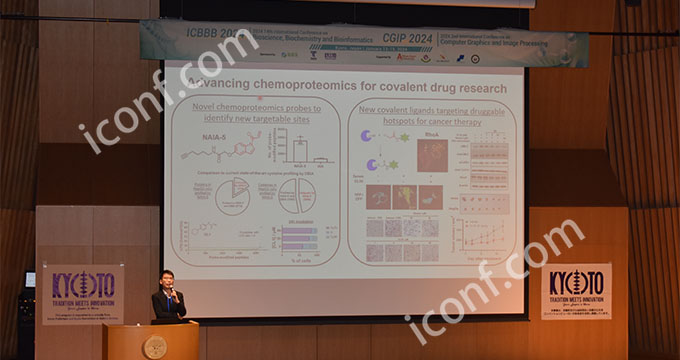In the ever-evolving field of power and electrical engineering, academic conferences play a crucial role in advancing research, sharing breakthroughs, and fostering international collaboration. A call for papers (CFP) in this domain invites researchers to submit their original work, showcase innovative ideas, and contribute to cutting-edge solutions that address real-world challenges in power systems, renewable energy, smart grids, and electrical technology.

Why Respond to a CFP in Power and Electrical Engineering?
Responding to a CFP offers a range of benefits:
- Global Exposure: Present your work to a worldwide audience of scholars, industry experts, and policymakers.
- Networking Opportunities: Engage with leading professionals and form collaborations that can propel your research forward.
- Feedback and Improvement: Receive constructive critiques from peer reviewers to refine your methodologies and findings.
- Professional Advancement: Enhance your academic profile and increase opportunities for research funding and publication.
Key Submission Guidelines
When preparing your manuscript for a power and electrical engineering conference, consider these essential tips:
Adhere to the CFP Requirements:
- Thoroughly read the CFP details to understand the thematic focus, formatting rules, and deadlines.
- Ensure that your research aligns with the conference topics, whether it's advanced power systems, sustainable energy solutions, or innovative electrical engineering technologies.
Craft a Compelling Abstract:
- Write a clear, concise summary that highlights your research objectives, methodology, key findings, and contributions.
- Use relevant keywords naturally to improve search engine discoverability.
Follow a Structured Format:
- Organize your paper using the IMRaD format (Introduction, Methods, Results, and Discussion) to ensure clarity and coherence.
- Include high-quality figures, tables, and diagrams to illustrate complex concepts and support your findings.
Emphasize Originality and Impact:
- Clearly demonstrate how your research addresses current challenges and advances the field of power and electrical engineering.
- Provide a solid theoretical foundation and practical applications that highlight the significance of your work.
Proofread and Edit:
- Ensure your manuscript is free of grammatical errors and technical inaccuracies.
- Consider professional editing services, especially if English is not your first language, to enhance readability and precision.
Benefits of Participating in Power and Electrical Engineering Conferences
Submitting your research through a CFP and presenting at these conferences can significantly boost your academic journey:
- Increased Research Visibility: Gain recognition by publishing in top-tier academic venues.
- Interdisciplinary Collaboration: Work with experts across related fields to develop comprehensive solutions for modern engineering challenges.
- Access to Cutting-Edge Developments: Stay updated on the latest technological advancements, from smart grids to renewable energy integration.
- Career Growth: Build a robust professional network and open doors to future research opportunities and collaborations.
Conclusion
Responding to a Call for Papers in power and electrical engineering conferences is an excellent opportunity to showcase your innovative research and join a global community dedicated to advancing technology and sustainability. By carefully following submission guidelines, crafting a compelling abstract, and emphasizing the originality and impact of your work, you can significantly enhance your chances of acceptance and make a meaningful contribution to the field.
Ready to elevate your research? Explore comprehensive academic resources and expert submission guidance on platforms like iconf.org and take the next step in your academic career. Submit your work and connect with a global network of scholars to drive the future of power and electrical engineering innovation!


